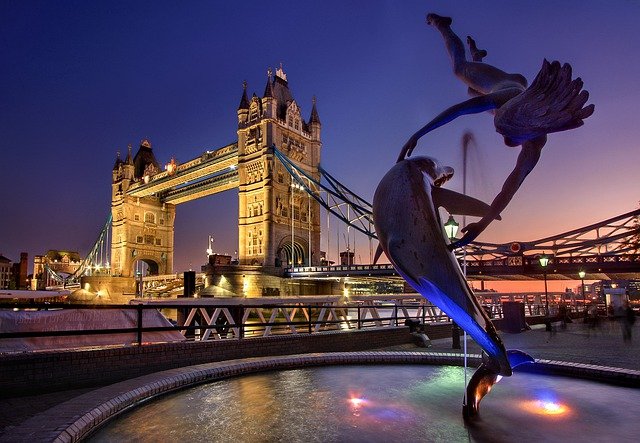10 Tips For Visiting Europe
Image by Julius Silver from Pixabay
If you’re touring Europe for the first time, congratulations! If you’re a seasoned European traveler, you can also use these tips to avoid making some common mistakes. The trick to having a great time is to plan everything. Staying organized, traveling light, eating well, and drinking plenty of water (not soda) is ideal for visiting Europe.
You should also apply for a Schengen visa and speak to a reputed immigration lawyer in Birmingham if you are traveling to multiple countries within Europe. Ensuring all your paperwork, visas, passport, and other travel-related documentation are in order is mandatory.
Let us look at the ten essential tips for visiting Europe.
1. Visa Documentation:
Most travelers believe they will get a visa on arrival in all countries. Due to Covid restrictions, you may need to apply for a tourist visit in advance. Meeting the eligibility criteria and getting everything ready before departure and vetted by an Immigration lawyer is crucial from a legal perspective. Many countries in Europe do not require a visit for short trips. However, there are several that do need it. You do not want to be denied entry at immigration checkpoints because you did not check everything beforehand.
2. Travel During Off-season:
Considering the Covid scenario, it is best to travel during the off-season. By traveling off-season, you save money on travel, stay, food and avoid large crowds of tourists. You will also avoid long queues at all major attractions, and might also get everything cheaper than usual. Since the climate in Europe is gorgeous all year round, you can select your travel dates in advance and book off-season tickets.
3. Buy Budget Airline Tickets:
If you are traveling a short distance from one country to another, you can opt for one out of several cheap, budget airlines in Europe. Budget airline tickets may also turn out to be cheaper than train tickets. While booking, be wary of any additional taxes or charges they may levy on the ticket. You should also try and meet the minimum baggage allowance to avoid excess fees.
4. Reserve in Advance:
Making all your reservations in advance avoids last-minute excessive rates. Peak travel season in Europe sees astronomical rates on hotels, rentals, and serviced apartments. You should book all your travel, stay, and tours in advance to avoid paying exorbitant prices.
5. Pack Walking Shoes:
Europe is best seen by walking around, eating local food, and meeting new people. To try new adventures and see places, you may be on your toes the entire day. It is best to pack a pair of comfortable walking shoes with several socks to avoid restlessness because of achy feet. After a long day of walking around, your feet will still be warm and cared for well.
6. Pack Light:
Many hotels in Europe do not have elevators, and you may have to carry your bags up the stairs. Packing light is essential when you have to use different modes of transport like air, train, or bus, and move from one country to another. You will also avoid accruing extra luggage fees and will be more mobile. Since there are plenty of laundromats across Europe, you do not have to worry about fresh clothes.
7. Keep Euros On Hand:
While credit and debit cards are accepted worldwide, smaller places and cafes in the interiors may take cash. It is best to keep extra Euros handy in places like restaurants, for tips, small purchases (bread, eggs, water), daily activities, and local markets. Many people also prefer exchanging currency at airports to avoid a high exchange rate.
8. Stay in Small Hotels:
Instead of living in high-end hotel chains, opt for local B&Bs, mom-and-pop type rentals, and local accommodation. You will get to meet the locals, try out the excellent food, and learn more about the country and the culture.
9. Stay For Longer Durations:
Living in one place for longer (say five to six days) will allow you to interact with the locals, see different places, and eat the local food. You can make friends and enrich your memories by meeting new people each day. Natives can also help direct you to non-touristy places.
10. Ask Locals For Recommendations:
Most people have a set itinerary. If you want to experience Europe like a native, you should keep a fluid itinerary and ask the locals for directions and recommendations. You will get a glimpse into the local culture and will also visit lesser-known sites. While you must visit the larger cities, Europe has some fabulous hidden gems too!

